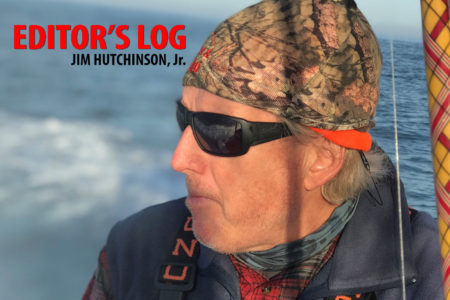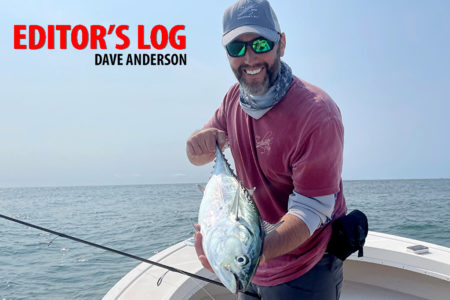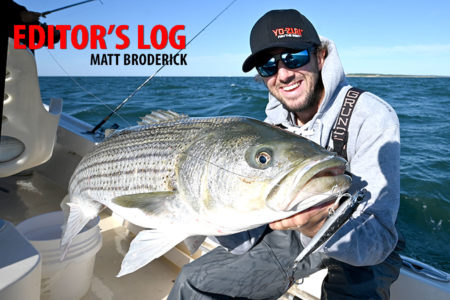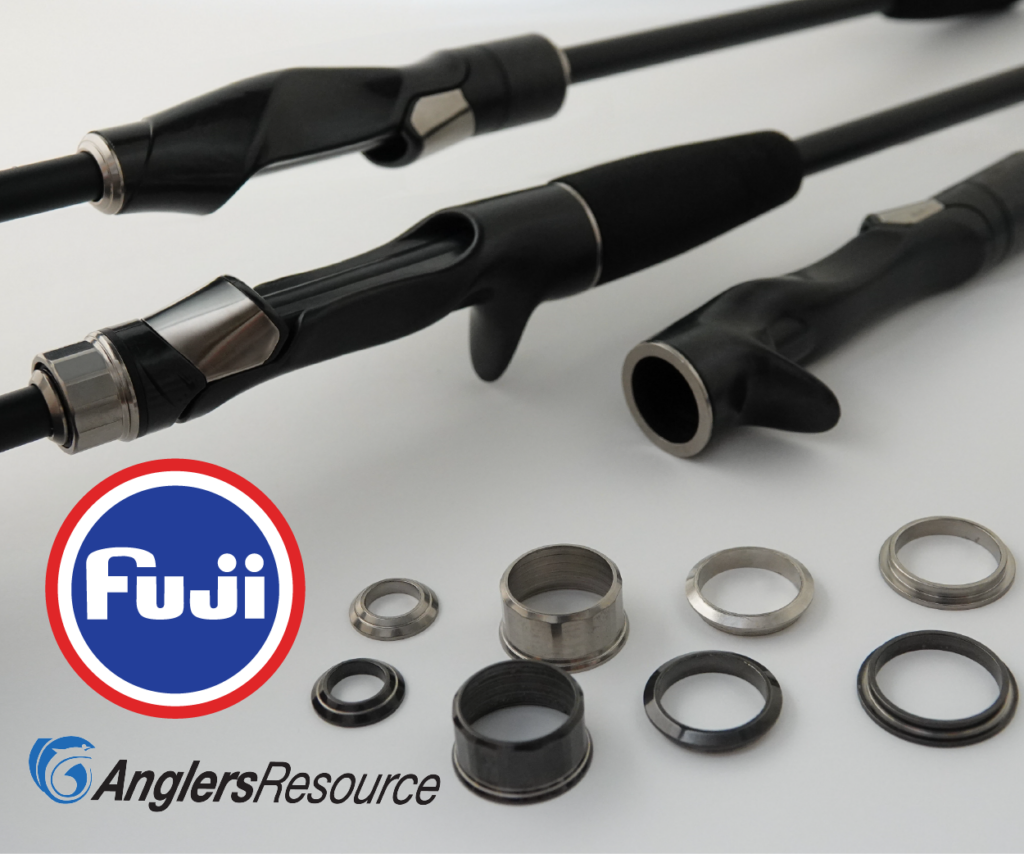The New Jersey edition of The Fisherman was launched in 1973 with Pete Barrett at the helm. It was Pete who took a chance on me in the fall of 2002, ultimately handing over the editorial reins before his retirement in the summer of 2006. During my first few months on the job, Pete advised me to keep my pencil sharp in order to keep up with the weekly deadlines and 50 weekly Editor’s Logs. There are 38 written columns now, but now with the weekly video fishing forecasts as well the pace is still as swift.
Pete’s earliest editorial instructions to me were fairly straightforward – stand up for anglers and the recreational fishing community at large, and simply put, if I saw something I should say something. It was easier back then when individual partisan loyalties weren’t so deeply rooted, and calling out politicians for lack of attention to anglers’ needs didn’t offend sensitive personal party allegiances. Before this divisive political tightrope came to be, I was taught to rely on key fisheries advocates for editorial fodder, Tom Fote from the Jersey Coast Anglers Association for example. It was during those early days in our Point Pleasant office that Tom tipped me off to an artificial reef dispute over NYC subway cars, placing a bullseye squarely on Cindy Zipf at Clean Ocean Action (COA).
The week my Editor’s Log ran – one in which I excoriated Cindy and COA – I received a call from the late Dery Bennett, executive director of the American Littoral Society (ALS). Dery was not happy with my column and invited me to his Sandy Hook office to talk. The next day in the ALS headquarters Dery explained how the information contained in my editorial was taken out of context during private meetings in which stakeholders were debating reef “materials of opportunity” and items which might prove hazardous in a marine environment.
Basically, Dery said the info used to attack Cindy was off the record, part of a much broader brainstorm session about “what if” considerations and worst case scenarios; he explained it as a candid discussion meant to be kept confidential for the sake of open and honest dialog. I offered Dery a slot in the next edition as a counterpoint but he respectfully declined, explaining how he wished to honor that original confidentiality pledge. “It wasn’t for publication then, it’s not for publication now,” he essentially told me. As I came to realize, sometimes it’s important for stakeholders to hash things out privately, before public vetting and dissection; it was my first real experience with “off the record” material as a fishing reporter.
The issue was eventually sorted out, and in 2003 a bunch of old NYC subway cars dubbed Redbirds were deposited off Cape May. An additional set of stainless steel subway cars were also deployed along New Jersey’s artificial reef complex, but subsequent surveys found those cars exhibited significant structural damage and degradation, rendering them practically useless as reef structure within a few short years. The fact is, some materials work on reef sites, others do not, the basic premise of that private discussion over two decades ago. Years later, I bumped into Cindy at a state hearing and apologized for getting baited into authoring a one-sided hit piece. “You know, some of those subway cars really suck as reef sites,” I told her with a smile. We’ve remained friends ever since.
Whenever I hear shills for industrial offshore wind badmouthing Cindy Zipf and COA about an artificial reef debacle that might not have made many headlines had it not been for my byline, I get pretty angry. At the end of the day that’s a cross for me to bear as a writer, one who has since learned a few things about blind trust, personal politics and the power of the written word.



